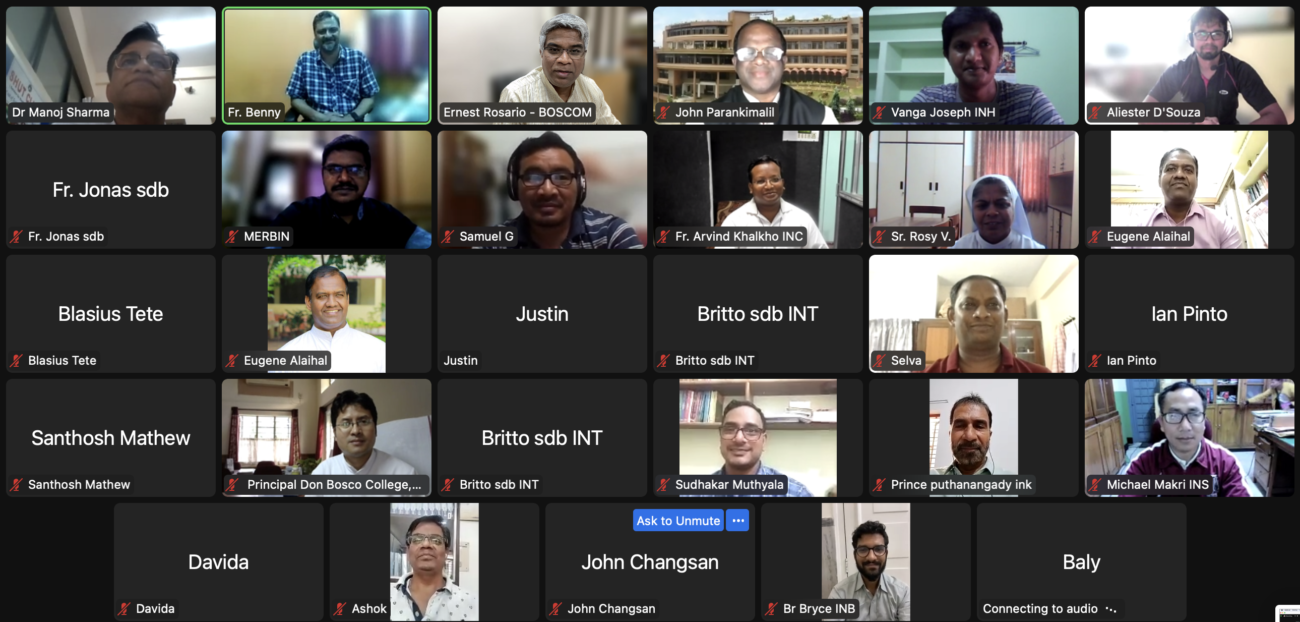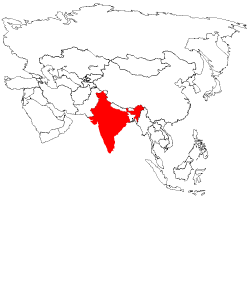INDIA: Workshop tackles youth media addiction

Boscom South Asia hosts workshop about media addiction in youth
(MissionNewswire) Boscom South Asia hosted a workshop for its members to learn how to tackle media addiction in youth. The workshop was launched by the communication department of the Salesian Congregation in Rome, Italy as part of the Salesian School of Social Communication to bring together experts from the different disciplines in media to share their thoughts and views.
Featured speaker at the workshop was Dr. Manoj Kumar Sharma, professor of clinical psychology at the National Institute of Mental Health and Neurosciences in Bangalore, India, and founder and coordinator of the SHUT Clinic (Service for Healthy Use of Technology), India’s first tech addiction clinic.
During the workshop, Sharma highlighted the dangers of media addiction affecting both the mental and physical health of youth. His session focused on media psychology, as well as the implications and possible approaches to digital addiction.
Drawing on his experience in the field, Sharma shared the causes, effects and remedies for media addiction. Due to excessive use of digital platforms, he suggested that the following could be seen: nomophobia, phantom vibration syndrome, zero inbox syndrome, selfitis, digital amnesia, cyberloafing, binge watching and binge gaming.
Sharma included low self-esteem, impulsivity, hostility, aggression, lack of social coping ability and social phobia as all potential results of so much screen time that it becomes an addiction. Sharma went on to suggest the “Gather” approach (greet, ask, tell, help, explain and return) to deal with such a situation.
“In this digital age, many youth are susceptible to digital addiction and heading down an unproductive path in life,” said Father Gus Baek, director of Salesian Missions, the U.S. development arm of the Salesians of Don Bosco. “Through therapeutic and educational programming, youth can use media responsibly and take responsibility for their lives, make a positive change, and have hope for the future.”
Salesian programs in India are primarily focused on education. Salesian primary and secondary education helps youth prepare for later technical, vocational or university study. Other programs help to support poor youth and their families by meeting the basic needs of shelter, proper nutrition and medical care.
India has the world’s fourth largest economy but more than 22 percent of the country lives in poverty. About 31 percent of the world’s multidimensionally poor children live in India, according to a report by the Oxford Poverty and Human Development Initiative.
India’s youth face a lack of educational opportunities due to issues of caste, class and gender. Almost 44 percent of the workforce is illiterate and less than 10 percent of the working-age population has completed a secondary education. In addition, many secondary school graduates do not have the knowledge and skills to compete in today’s changing job market.
###
Sources:
Photo courtesy of Don Bosco South Asia
Don Bosco South Asia – Digital Salesians Learn to Tackle Media Addiction
Salesian Missions – India
World Bank – India





